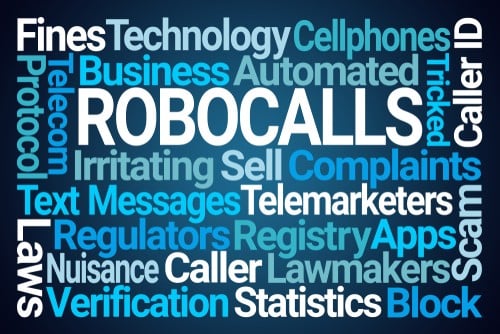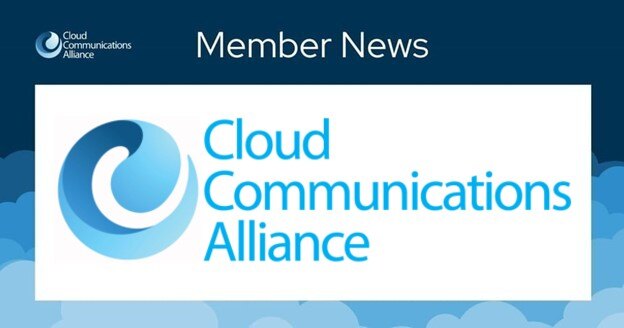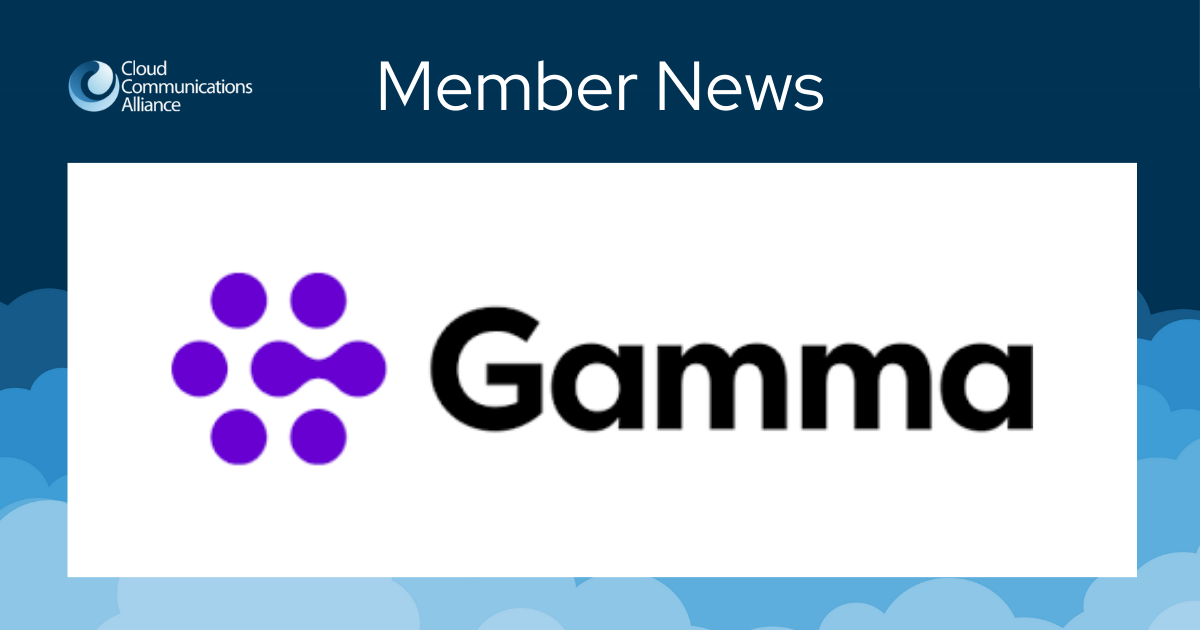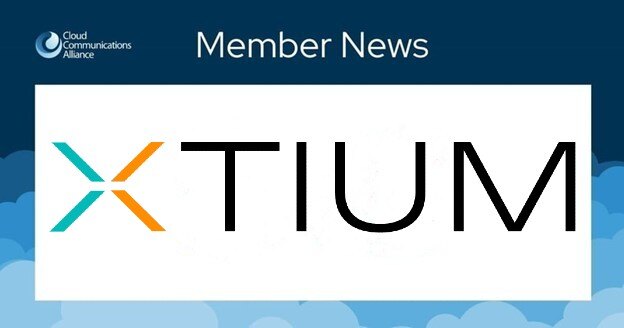Eligibility to Participate in STIR/SHAKEN

All IP-based voice service providers serving more than 100,000 lines on a holding company basis must implement the STIR/SHAKEN call authentication framework by June 30, 2021, unless the FCC grants an extension. Smaller operators have an extra year.
There is a catch, however. In order to implement STIR/SHAKEN, a voice provider must obtain a certificate from a designated authority. The certificate allows the provider to authenticate the calling number as valid. Under current policy, only providers that have an Operating Company Number (“OCN”) and direct access to telephone numbers can obtain such certificates. (They must also file USF 499 forms.)
Many VoIP providers use carrier partners to obtain numbers and thus do not qualify for certificates and cannot authenticate their own calls, which could result in call traffic being blocked, a highly prejudicial and worrisome consequence. For now, barring any changes in the rules and/or protocols established by the governing authorities, there are limited options available to VoIP providers seeking to ensure the completion of calls originated by their customers once the STIR/SHAKEN regime is fully implemented. These options are discussed below:
Obtain numbering authority from the FCC. One option, available to interconnected VoIP providers that are not licensed as a CLEC in at least one jurisdiction, is to seek FCC authorization to obtain direct access to telephone numbering resources from the North American Numbering Plan Administrator. Obtaining numbering authority from the FCC requires obtaining and OCN from NECA and then submitting an application to the FCC. The STIR/SHAKEN guidebook available on the CCA website provides information on how to apply for this authority. Essentially, a provider must have an OCN and demonstrate that it is currently capable of providing interconnected VoIP service.
The FCC routinely grants these applications in approximately three to four months. Once numbering authority is obtained, the interconnected VoIP provider can request the STIR/SHAKEN certificate, even if the provider does not actually obtain telephone numbers from NANPA.
Some IP-enabled voice providers, however, are not interconnected VoIP providers, such as one-way VoIP providers or those that do not interconnect with the PSTN, and they are not currently eligible to apply to the FCC for direct access to numbers. One possibility for such providers may be to begin offering a two-way interconnected VoIP service or create an interconnected VoIP affiliate that provides two-way, PSTN interconnected VoIP services. There is evidence that this “model” has been adopted by at least some major players in the One-Way VoIP space (see, for example, Twilio International, Inc.’s recent FCC 499 Filer registration status: https://apps.fcc.gov/cgb/form499/499detail.cfm?FilerNum=833702). The model apparently pursued by Twilio may have established a precedent that the FCC and NANPA are expecting others to follow.
CCA has been advocating at the FCC and before industry groups to adopt other potential solutions to this dilemma, but their resolution or timing is uncertain.
Expand Certificate Eligibility. The CCA has asked the industry body governing STIR/SHAKEN to expand the eligibility of providers to obtain certificates to include providers that do not obtain their own telephone numbers. CCA’s proposal is under consideration and has support from other entities, but it is uncertain whether it will be successful. Presumably an expansion of eligibility would entail some sort of vetting process to preclude “bad actors” from obtaining the ability to authenticate their illegal calls.
Certificate Delegation. Industry standard bodies such as the IP-NNI and ATIS are looking at the possibility of having a certificated provider delegate a portion of its certificate (e.g., a specific range of numbers) to a voice provider or even an enterprise itself to whom the certificated provider assigns numbers. The voice provider, or enterprise, could then authenticate calls that they originate. There is a divide in the industry regarding this approach.
Given the uncertainties around potential solutions, the most certain option at this point is for IP-enabled voice service providers to obtain numbering authority from the FCC, if at all possible.
21339715


